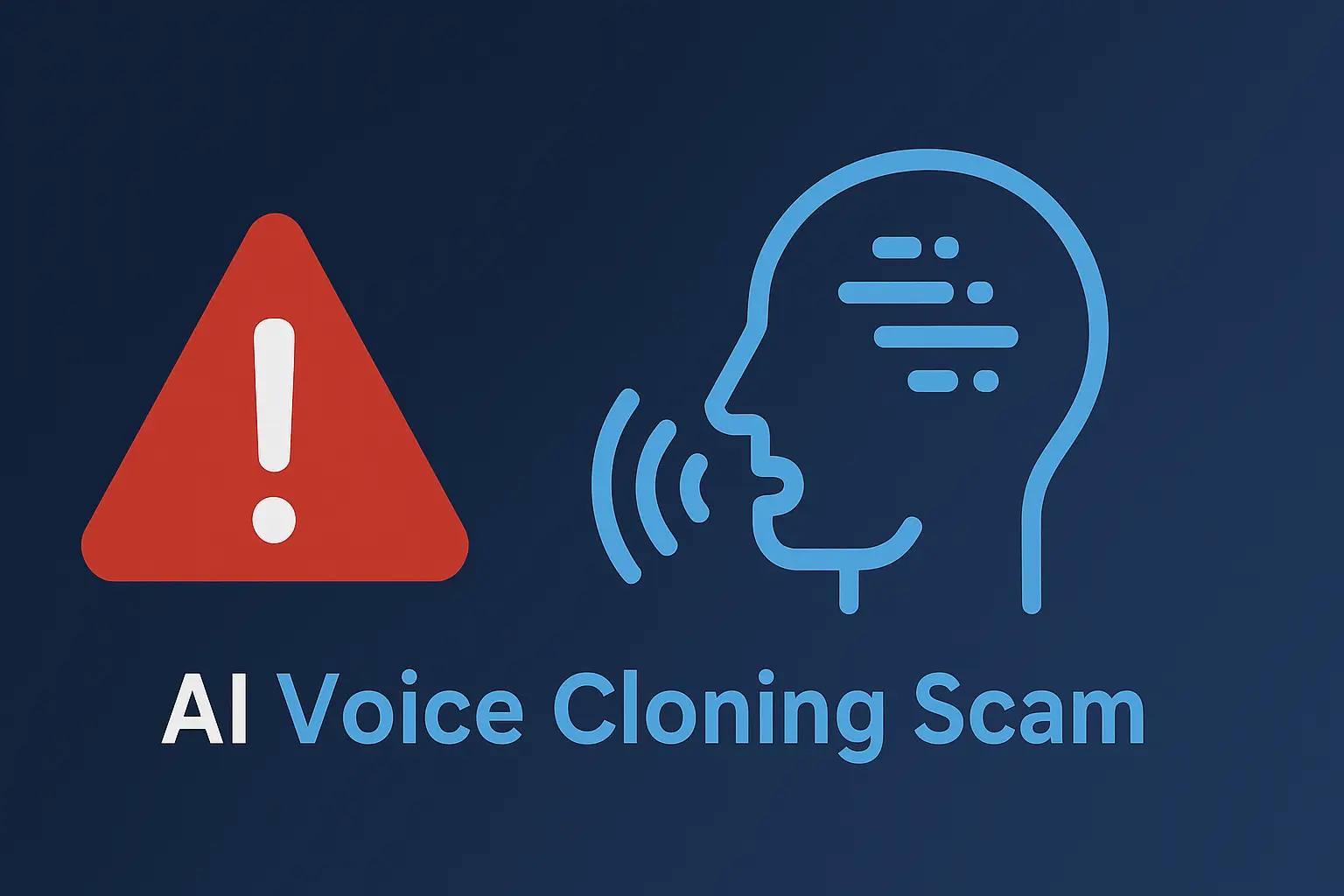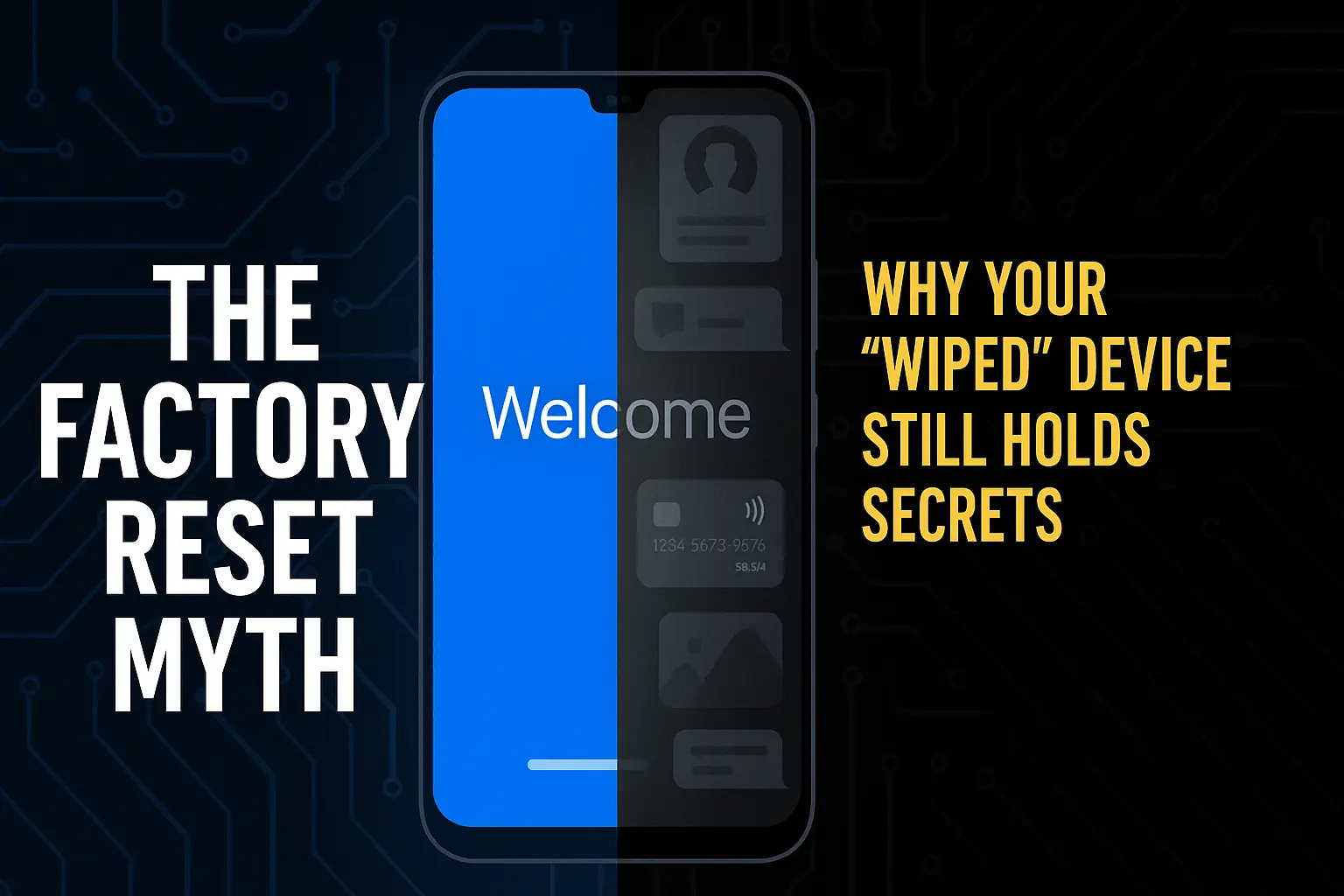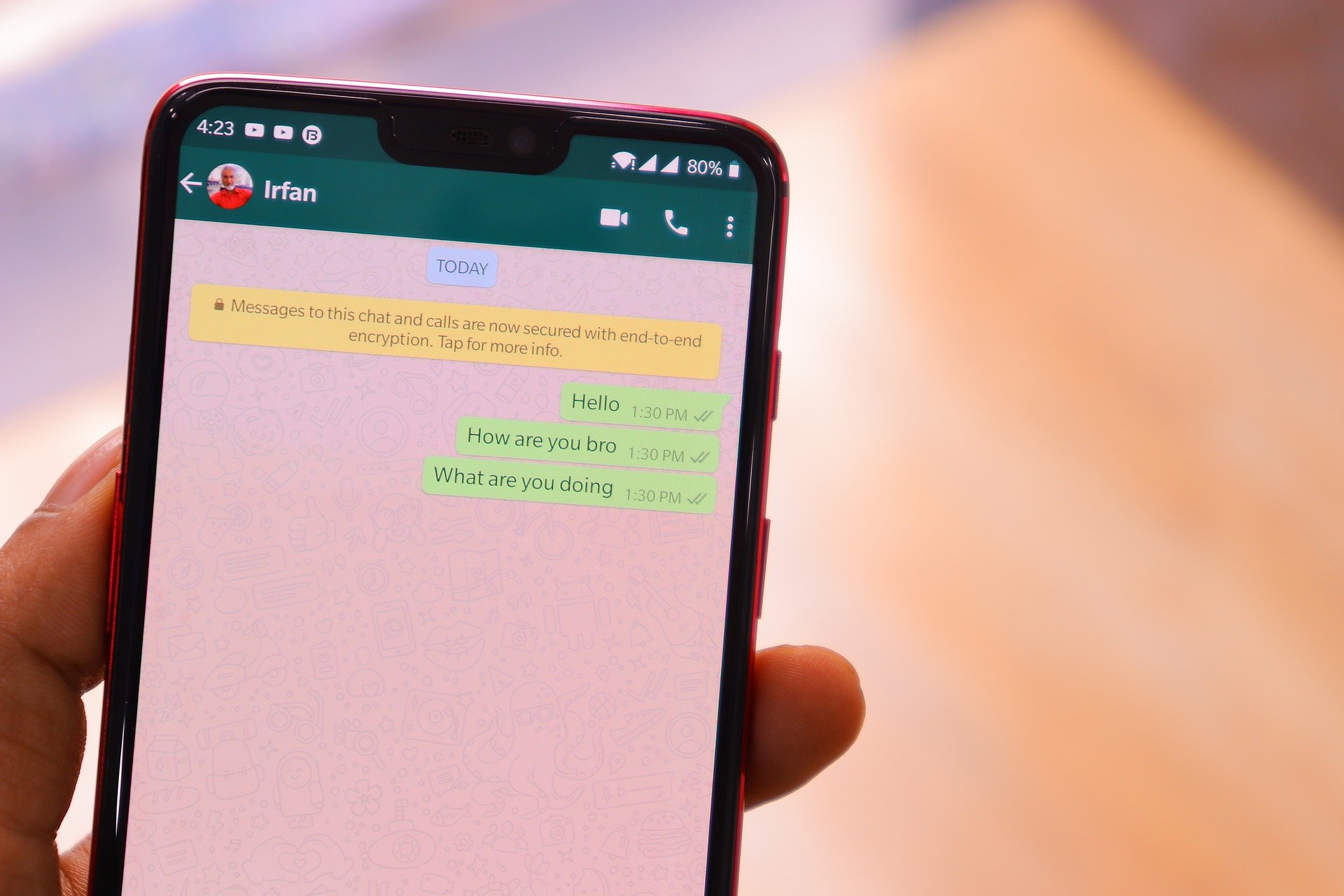In recent years, artificial intelligence has advanced rapidly. Among the most impressive and simultaneously alarming innovations is AI voice cloning. This technology can mimic a person’s voice with such accuracy that even close relatives may not notice a difference. While AI voice cloning has legitimate uses in entertainment, accessibility, and business, it also opens the door to highly convincing scams.
Cybercriminals are now using cloned voices to deceive individuals and institutions. They impersonate family members, company executives, and customer service representatives to extract sensitive information or financial resources. As the technology improves, the risks grow. Understanding how these scams work, recognizing the warning signs, and knowing how to protect yourself are essential in today’s digital world.
This guide will explain everything you need to know about AI voice cloning scams. We will explore how the scams work, provide real-life examples, share detection techniques, and offer practical prevention strategies. By the end of this post, you will be equipped with the knowledge to defend yourself and your loved ones.
What Is AI Voice Cloning?
AI voice cloning is a process where software, powered by machine learning algorithms, studies a person’s voice and recreates it. With only a few seconds of audio, AI tools can replicate speech patterns, accents, and intonations. These synthetic voices can be used in text-to-speech engines, digital assistants, movies, and podcasts.
However, this same technology can be misused. When cybercriminals obtain a sample of someone’s voice from online videos, voicemails, or phone calls, they can manipulate the audio to create convincing messages. These messages can trick people into believing they are speaking with someone they trust.
How AI Voice Cloning Scams Work
AI voice cloning scams typically follow a social engineering model. The scammer identifies a target, gathers voice samples, and generates a synthetic voice. The goal is to create a false sense of urgency or trust that leads to a desired action, such as sending money or revealing private information.
Here is a common scam scenario:
- A cybercriminal scrapes a video from social media where a person is speaking.
- They use AI software to clone the voice.
- They call a relative, claiming to be in danger, and ask for money.
- The relative, believing the call is real, wires the funds.
These scams often happen quickly, taking advantage of emotional manipulation.
Real-World Examples of AI Voice Cloning Scams
1. The Executive Wire Transfer Scam
In 2020, fraudsters used voice cloning to mimic a company executive’s voice and convince a bank manager to transfer $35 million. The scammers had access to a prior phone call and used it to generate a convincing audio clip.
2. The Grandparent Scam
In the United States, elderly individuals have been targeted through phone calls that sound like their grandchildren. The scammers claim they are in jail or need emergency help, prompting many victims to send thousands of dollars before discovering the truth.
3. WhatsApp Voice Note Scams
Cybercriminals now send cloned voice messages via apps like WhatsApp, pretending to be friends or relatives asking for urgent help. These messages bypass the usual suspicion triggered by text-based scams.
Why These Scams Are Growing
AI voice cloning scams are increasing for several reasons:
- Accessible Technology: Free and paid voice cloning tools are now available to anyone online.
- Increased Voice Data: People upload videos, podcasts, and voicemails to the internet, creating a large pool of voice samples.
- Improved AI Accuracy: Synthetic voices now sound almost identical to real voices, especially in short conversations.
- Lack of Awareness: Many individuals and businesses are unaware of this threat, making them easy targets.
Common Targets of AI Voice Cloning Scams
Some groups are more likely to be targeted by voice cloning scams:
- Elderly individuals: They often trust phone calls and are not aware of the latest AI capabilities.
- Business professionals: High-ranking executives may be impersonated to authorize fraudulent payments.
- Parents: Scammers may pretend to be children in danger to elicit fast action.
- Social media influencers: Their public content provides ample voice samples.
Recognizing who is most at risk can help individuals and organizations take preemptive steps.
How to Spot AI Voice Cloning Scams
Identifying a voice cloning scam is challenging, but not impossible. Here are several warning signs to watch for:
1. Urgency and Pressure
Scammers often create a crisis to trigger quick action. If the caller demands immediate money or secrecy, pause and investigate.
2. Voice Sounds Slightly Off
Pay attention to tone, rhythm, and pauses. Some cloned voices still sound slightly robotic or lack natural breathing.
3. Unusual Requests
If someone asks for money through strange channels, such as cryptocurrency or wire transfers, it may be a scam.
4. Refusal to Verify Identity
Scammers avoid deeper conversations or refuse to answer personal questions. Always ask something only the real person would know.
5. Inconsistencies in the Story
Details that do not add up are a red flag. Ask clarifying questions.
6. Caller ID Spoofing
Be aware that scammers can fake caller ID numbers to appear as if the call is from someone you know.
Tools and Techniques to Detect Cloned Voices
There are several ways to detect voice cloning in real-time:
- Voice Authentication Apps: Some services can analyze voice biometrics to detect whether a voice is synthetic.
- Call-Back Strategy: End the call and reach out directly to the person using a verified number.
- Use of Safe Words: Agree on a family safe word to confirm identity in emergencies.
- Pause and Analyze: Never act on impulse. Take a moment to validate the request.
- Background Noise Analysis: Synthetic voices may sound too clean or unnatural.
How to Protect Yourself from Voice Cloning Scams
Prevention is your best defense. Here are proactive measures to reduce the risk:
1. Limit Public Voice Exposure
Avoid sharing voice messages publicly unless necessary. Restrict privacy settings on social media.
2. Educate Family Members
Talk to relatives, especially elderly ones, about AI voice scams. Teach them not to act without verification.
3. Secure Communication Channels
Use encrypted apps and verify all sensitive requests.
4. Establish Verification Protocols
For businesses, set up multi-step approvals for financial transactions.
5. Monitor Unusual Activity
Use fraud alerts and account notifications for unusual transfers or logins.
6. Train Employees
Corporate training should include AI voice cloning awareness and fraud prevention steps.
7. Safe Word System
Create a code word that must be used during emergency calls to validate authenticity.
How Law Enforcement and Organizations Are Responding
Government agencies and cybersecurity firms are beginning to tackle the voice cloning threat. Efforts include:
- Public Awareness Campaigns: Agencies like the Federal Trade Commission (FTC) now alert consumers about AI scams.
- Research and Detection Tools: Cybersecurity firms are developing algorithms to flag synthetic voices.
- Stricter Regulations: Countries are considering laws that limit how AI voice data can be used.
Despite these measures, the speed of AI innovation outpaces legislation. Therefore, individual vigilance remains vital.
Ethical and Legal Concerns of Voice Cloning
Voice cloning raises several legal and moral questions. These include:
- Consent: Is it ethical to use someone’s voice without their permission?
- Liability: Who is responsible when a cloned voice is used to commit fraud?
- Intellectual Property: Should voice be treated as intellectual property and protected accordingly?
Laws are still evolving in this area, but many experts argue for stronger protections.
Future Trends in AI Voice Cloning and Security
Looking ahead, both voice cloning and its defenses will evolve. Key trends include:
- More Realistic Clones: AI will soon produce voices that are nearly impossible to distinguish from the original.
- Voice Watermarking: Developers are working on ways to embed detectable watermarks in AI-generated audio.
- Wider Use in Fraud Prevention: Banks and apps will increasingly use voice recognition to detect impersonation.
- AI vs. AI: New tools will use artificial intelligence to detect other AI-generated content.
Frequently Asked Questions (FAQ)
What should I do if I suspect a voice cloning scam?
End the call immediately. Contact the person directly using a known number. Report the incident to local authorities or cybercrime hotlines.
How can I prevent my voice from being cloned?
Limit your voice exposure online. Avoid posting long videos with clear speech. Adjust privacy settings to restrict access to your audio content.
Can voice cloning be detected by regular people?
Sometimes. Listen for unusual tone, robotic quality, or mismatched emotional cues. Use verification steps like a safe word or video call.
Are businesses more at risk of voice cloning scams?
Yes. Scammers target executives to initiate unauthorized wire transfers or steal sensitive data. Verification protocols and staff training are critical.
Is voice cloning illegal?
The legality depends on intent and jurisdiction. Using cloned voices for fraud or without consent can lead to criminal charges and lawsuits.
Can antivirus software stop voice cloning?
Not directly. Antivirus programs do not detect synthetic audio. However, endpoint protection tools and secure communication platforms can help prevent related attacks.
AI voice cloning scams are not science fiction. They are a growing threat, already causing significant harm. As the technology behind these scams becomes more advanced, the potential damage increases. However, by staying informed, remaining skeptical of unverified requests, and educating those around you, you can significantly reduce the risk.
Start by reviewing your social media settings, talking with your loved ones about voice scams, and putting verification systems in place today. Being proactive is the most effective way to stop a cloned voice from stealing your trust, your information, or your money.







